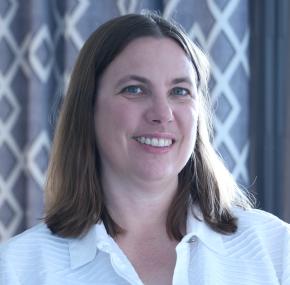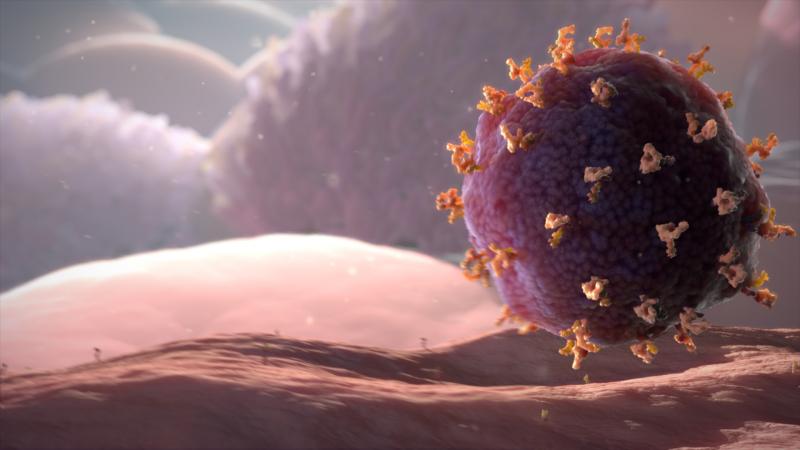Charlotte A. Moser

Charlotte A. Moser is the Co-Director of the Vaccine Education Center at CHOP. Charlotte has a Bachelor of Science (BS) in biology and a master’s degree in communication (MS). She oversees the center’s many projects and programs including the Vaccine Makers Project. She has written for many scientific journals on the topics of immunology and virology. Charlotte specializes in vaccine science communication for the general public, helping people understand how the immune system and vaccines work.
How did you first become interested in science?
I always liked the process of trying to understand new things and solving a puzzle logically. Science and math classes offered that. I was not aware of it at the time, but looking back, I can identify this tendency in myself. In middle school it took the form of learning how to write computer programs when our school purchased their first computers. In high school biology, it was genetics and Mendel’s pea plant experiments. In chemistry, it was the periodic table, chemical reactions, and biochemical pathways, like the Krebs cycle.
What was your favorite science class?
I don’t think I had one particular science class that was my favorite. For me, it was more about the topics. I enjoyed learning science that related to people and their health.
What advice do you have for students interested in a STEM career?
Follow your instincts because if you are interested in what you are doing, it will not seem like work. I would also say if you are interested in STEM, don’t feel like you have to excel at all aspects of science and math. While you will have to take a variety of science and math classes during your training, your day-to-day work will not require you to understand everything about science. Too often students are intimidated by math or chemistry, and they just give up on pursuing a science-based career, and this is unfortunate because people who are motivated to pursue particular areas of science will be more likely to successfully contribute to progress in that area. Colleges and universities typically have free tutoring, and professors are also available to help students through courses that come less naturally to them.
What is your favorite part of your job?
Science inherently allows you to understand more about the world and how it works. When I was in the lab, that understanding came from analyzing experimental results to figure out what they meant in relation to what we already knew. Now, that I focus more on science communication, it means not only trying to understand what science is telling us about the world, but also figuring out how to explain that in a way that makes sense to others.
What current scientific discovery or project are you most excited about?
I am excited about the interest in understanding how genes play a role in health and disease and the potential that technologies, like CRISPR, may offer in treating diseases in the future. Topics and technologies like this afford an array of opportunities not only in scientific research, but also in bioethics, science communication, and science education showing why society needs a whole lot more excited and intellectual individuals to pursue careers in science.

